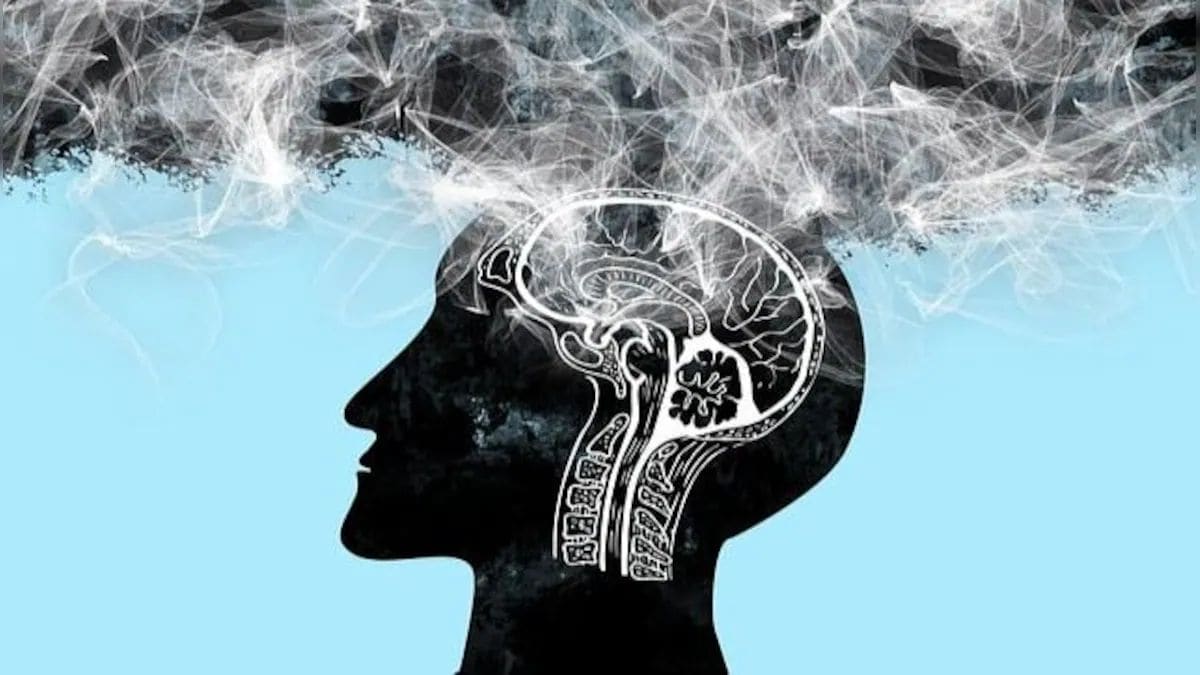When Gill Fyffe was told she needed a blood transfusion due to complications after the birth of her daughter, Lucy, she was reticent. It was 1988, the height of the AIDS crisis and Ms Fyffe, a teacher from St Andrews, had been trained to understand the risk of contaminated blood - to the point that at work, she was not allowed to touch a child’s grazed knee without protective gloves. “I asked the consultant if it was safe and he told me it was 100 per cent safe,” she recalls.
“That was a red flag for me immediately, he was just dismissing my concerns.” One nurse, however, whispered to her that she should avoid a transfusion at all costs. “She said to me that it wasn’t just AIDS, it was hepatitis and all kinds of things,” she says.

“I didn’t even really know what hepatitis was at the time.” She finally went ahead with the transfusion after medics at Ninewells Hospital in Dundee warned her husband, Stan, that she may not make it through the night without it. “The irony was they didn’t even get around to giving it to me until the next morning,” she says.
“Stan was furious when he came in and found out.” She went home to begin life as a new mother of two, to Lucy and then-three-year-old son Rory. Within months, however, she began to realise something was not right.
She suffered from crippling tiredness to the point that she fell asleep at the wheel of her car - and her hair started falling out. Yet it was not until seven years later that she was told she had hepatitis C, receiving a letter at home which informed her that she had received a contaminated transfusion - and calling her whole family for testing. She subsequently underwent years of gruelling treatment with drug Interferon which left her bedridden for long periods and ultimately triggered an autoimmune response which now leaves her unable to spend time in either sun or electric light, or use a computer.
She also is forced to have a highly restricted diet due to her body’s response to the drug. Forced to give up her job as a teacher, she has lived most of the past 40 years in semi-darkness, venturing outside only when the weather is overcast, with a wide brimmed hat and any exposed skin covered in layers of thick, white sunscreen. Now, Ms Fyffe, who in 2015 published an award-winning memoir, Lifeblood, about her experience, is one of around 30,000 victims of the contaminated blood scandal who look finally to be set to be given compensation payments after the new government confirmed it would push ahead with plans to recompense those affected following a public inquiry headed by Sir Brian Langstaff.
Victims of the contaminated blood scandal, which is widely seen as the biggest treatment disaster in NHS history, are set to receive up to £2.7 million each in a series of ongoing payments throughout their life. The compensation set to be paid out to individuals is being judged under five criteria – harm caused, social impact from stigma and isolation, impact on autonomy and private life, care costs and financial loss.
Meanwhile, those who were subjected to unethical research will get up to £15,000 extra in a one-off payment. “It will help,” she says. “It will mean different things for different people, but for me, financially, it’s about loss of opportunity, both in my teaching career and in being able to work as an author.
It will make a life changing difference to everybody. If it is straightforward, I think we will honestly be able to say that they have done everything they could now to right this. “But you can’t go back and change the past and it won’t make up for all of the years I was scared to go near the children in case I infected them and cleaned the bathroom twice a day so I didn’t infect my family.
” An estimated 3,000 Scots were infected with hepatitis C and HIV through NHS blood products in the 1970s through to the early 1990s. Only around a third of people with hepatitis were at the time expected to be cured. Scotland previously held its own public inquiry into the tragedy, led by Lord Penrose.
However, it fell short of recommending financial compensation. Victims have campaigned for justice for decades, with thousands of people infected at the time having since died and many others requiring liver transplants. Ms Fyffe, 65, adds: “We went through decades where they said that nothing was wrong and we struggled on our own and you steel yourself to deal with that.
“All of a sudden someone says, ‘that is completely unfair and something should be done about it’ and you start thinking about what it would be like if this hadn’t happened, which are the thoughts you’ve never previously allowed yourself to have.” So far, about £400 million has been paid out through interim payments of £100,000 to infected people or bereaved partners in the form of financial support payments. “That payment is to be able to keep a roof over my head because I can’t work,” Ms Fyffe says.
“If I had not been infected, I would be doing more than just keeping a roof over my head. It was always emphasised this was not compensation.” The government has said the first of the compensation payments will begin by the end of the year.
Senior barrister and interim chairman of the compensation authority Sir Robert Francis KC made 74 proposals for the rollout of the scheme, of which the Government accepted the vast majority. Some recommendations will not be implemented, including a suggestion to uprate support payments beyond Consumer Price Index inflation. Rachel Halford, chief executive of the Hepatitis C Trust, said: “We’re pleased that the Government has listened to the concerns of the infected blood community regarding the continuation of support payments for life, which had been a significant source of anxiety for many of our helpline callers.
“We are disappointed, however, that the existing support schemes have not been opened more widely, including to people given hepatitis C after 1991 and those given hepatitis B.”.

















